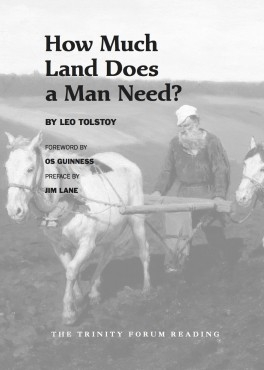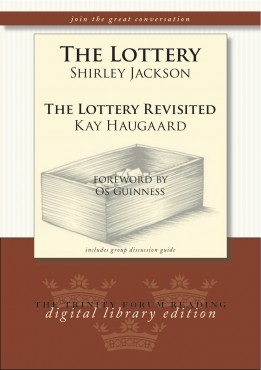History abounds with examples of brave individuals who courageously told the truth, often challenging authority in the process. The Spring 2013 Trinity Forum Reading, “Telling Truth to Kings,” ably illustrates the high cost of truth-telling through the story of a humble priest who challenges imperial Spain’s treatment of “new world” peoples.
German dissident Reinhold Schneider wrote the story in the 1930s to speak out against the totalitarianism of the Nazi regime, and “Telling Truth to Kings” prompts readers to consider how power, justice, and courage impact truth-telling today.



